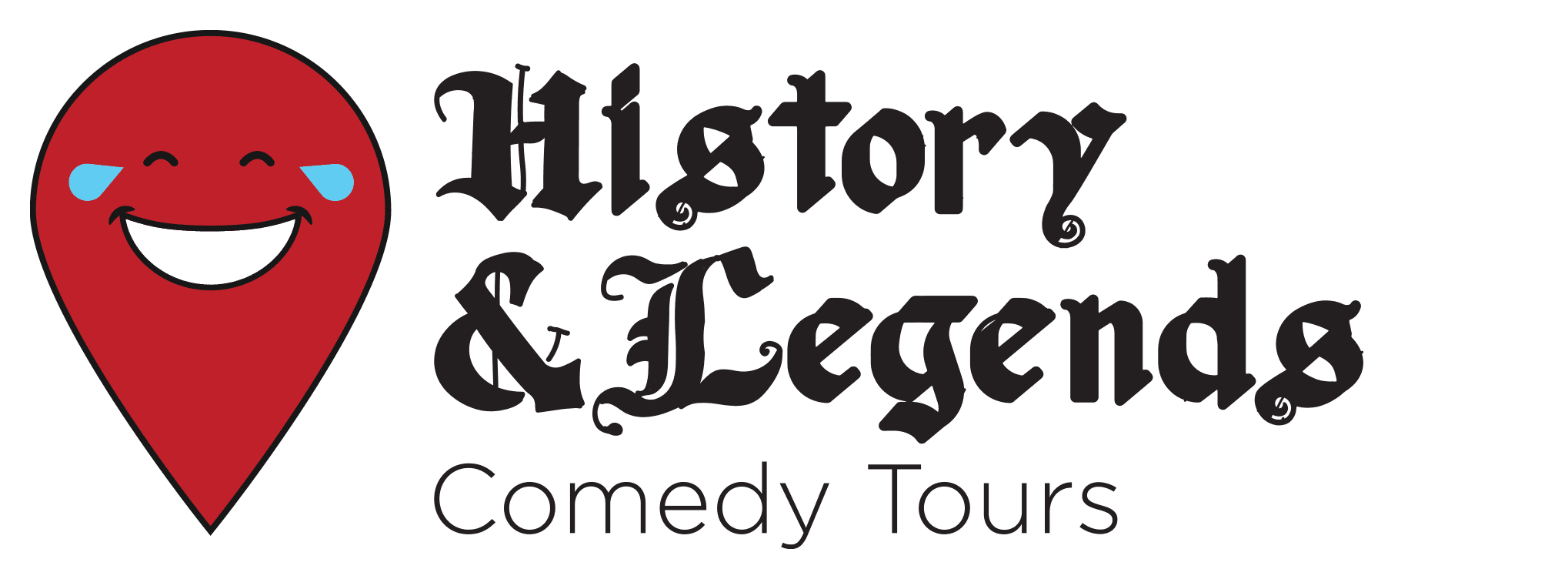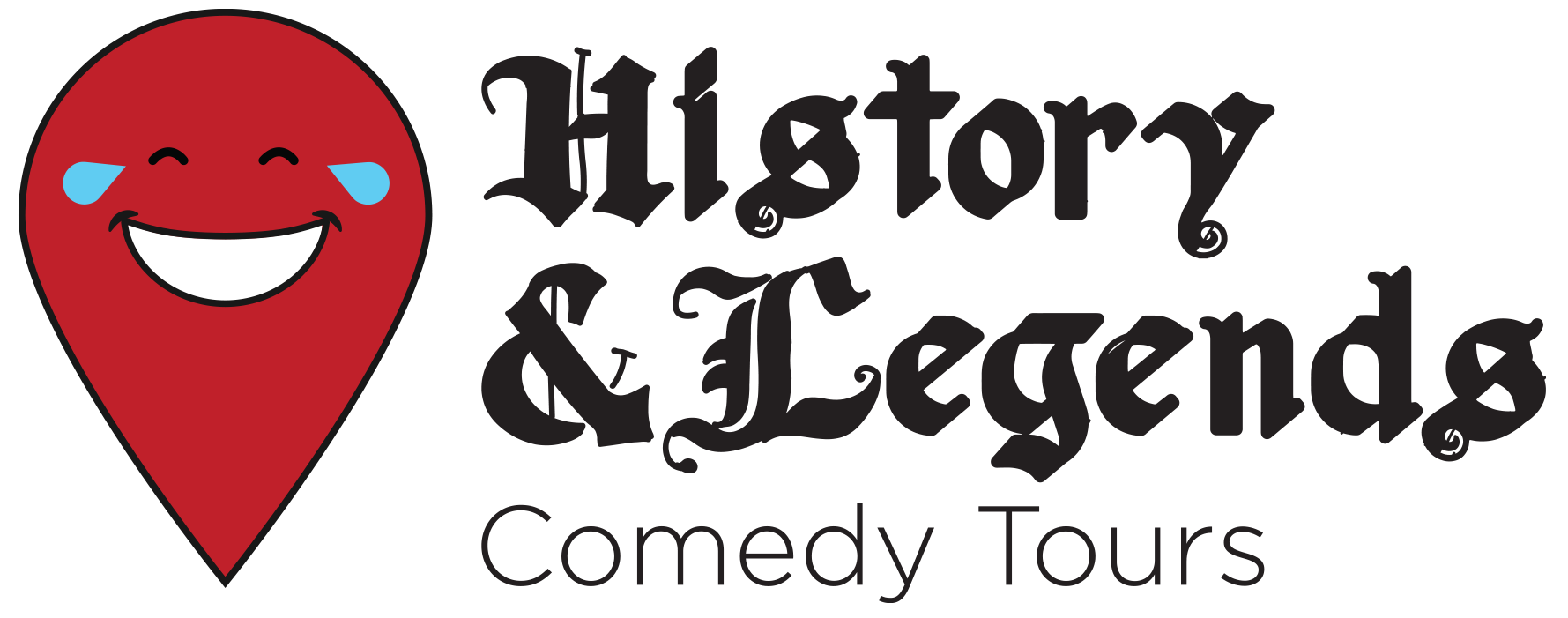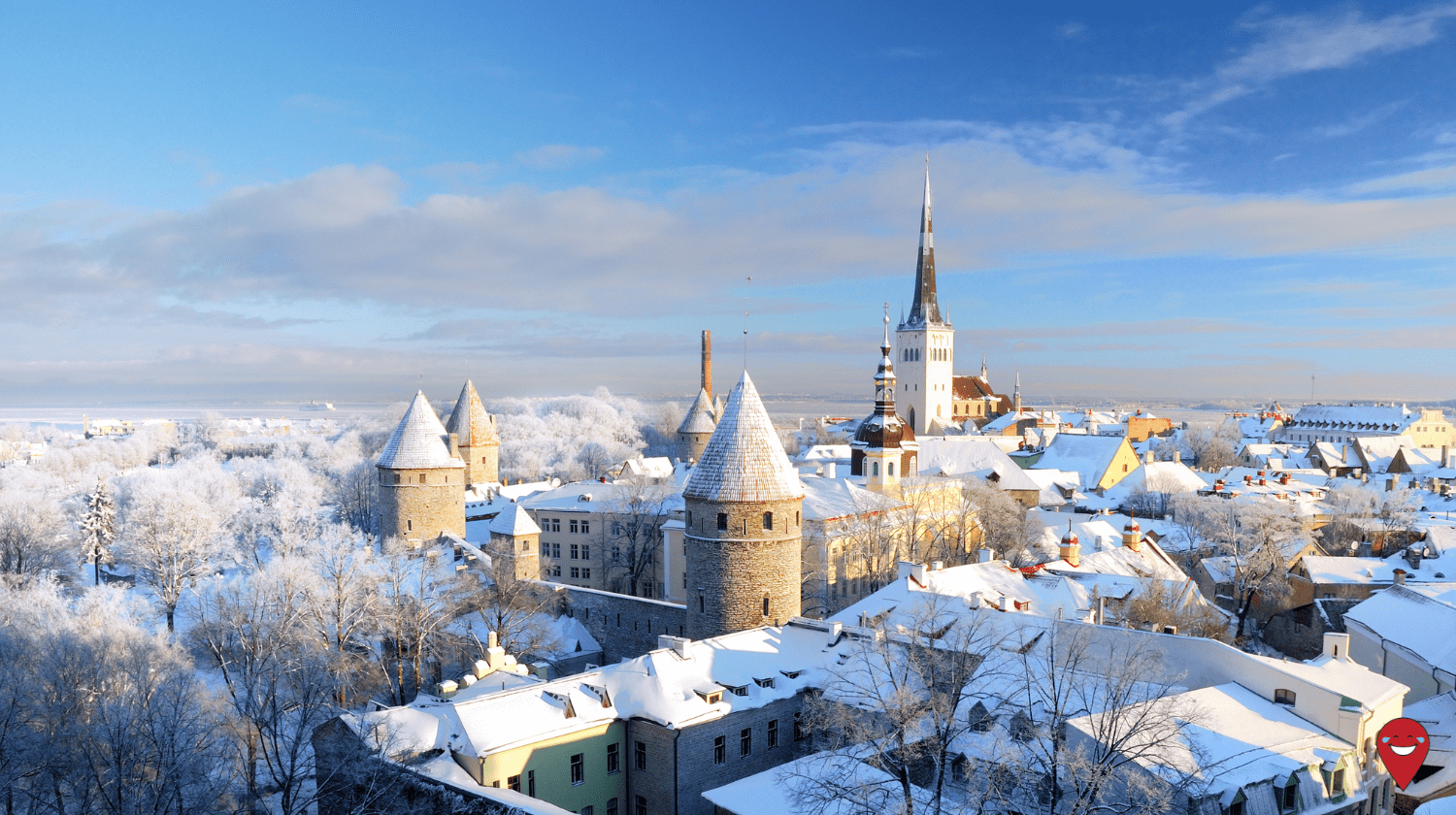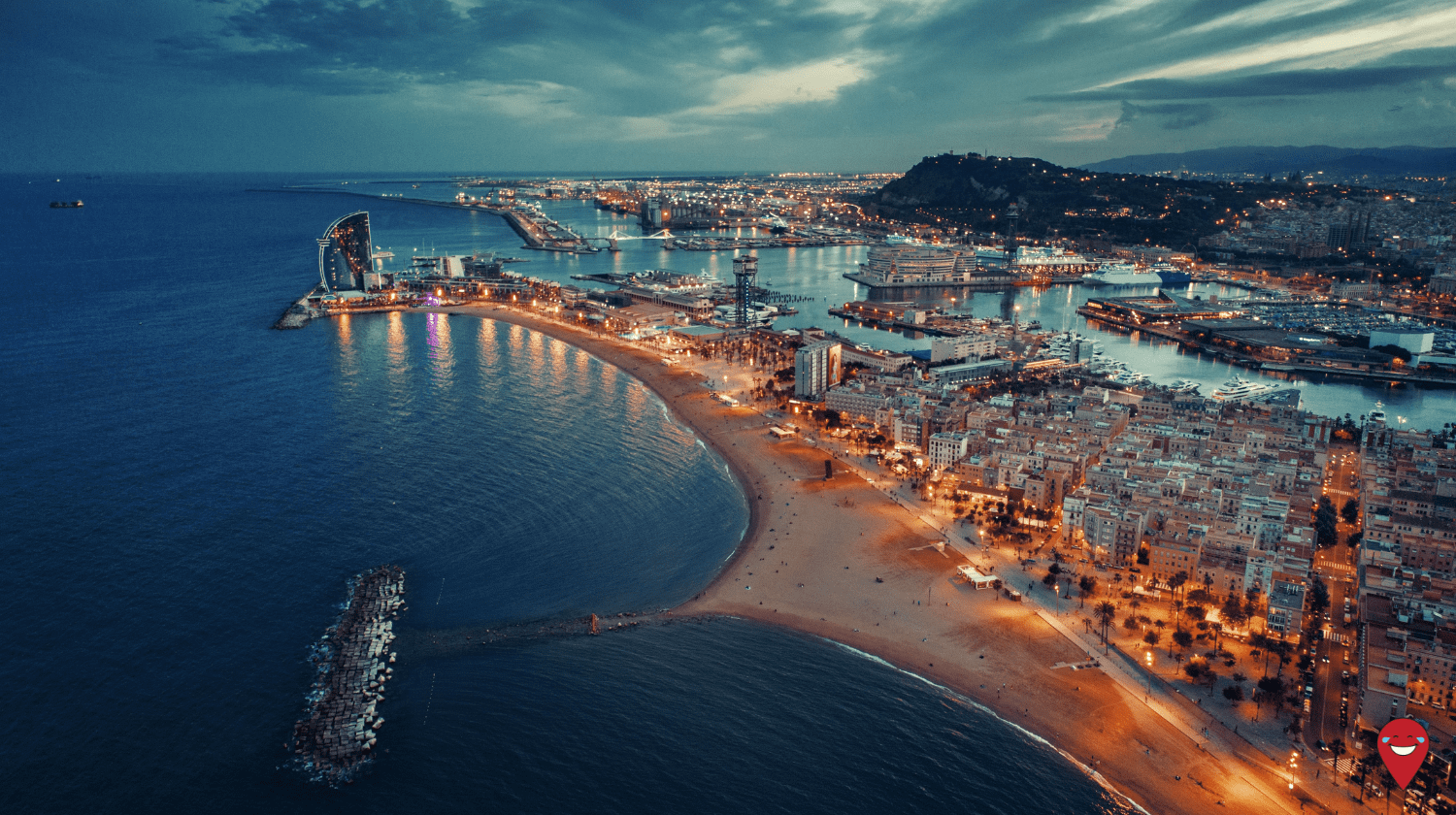This summer of 2023, with more heat waves than hugs at a penguin party, we are going to explore a topic that may be hotter than a stew in August and spicier than a jalapeño at a barbecue: climate change. Yes, you heard right, climate change! But don't worry, we are going to make even the glaciers melt with laughter while we learn a little more about how, for better and especially for worse, Climate Change is a historical phenomenon... We have gone from hot to cold many times and from glaciations to wine! Did you expect it?
1. Who is to blame for Climate Change?
You're probably wondering if CO₂ is the villain behind global warming. Well, Lluís Pomar, the professor of Geology at the UIB, says not so fast! According to him, CO₂ is not the only one on the trail of climate crime. Coincidence has had a lot to do with it: periods with a lot of seismic movement and volcanic explosions (Do you remember the explosion of the volcano under the Eyjafjajjajokull glacier in Iceland more than a decade ago that wreaked havoc on European flights?), impacts of meteorites (we have had meteor showers of all kinds over the millennia and if not just ask the poor dinosaurs) Even solar activity could be a suspect! Imagine the sun with a balaclava! 😎
Undoubtedly, the human factor has exposed an upward trend in global warming, but believe it or not, we have already been through this many other times. Let's dust off our old friend, history, which looks at everything with scrutiny and objectivity to affirm that climate change has been a historical phenomenon.
2. The First Recorded Global Warming: The Climate Optimum
Did you know that millions of years ago, the Earth had CO₂ levels higher than a stand-up comedy? And yet, it wasn't the sauna you imagined! In the late Middle Ages, England even made wine. Now that's global warming!
We're talking about the medieval warm period, or as some say, the "medieval climatic optimum". It turns out that between the 10th and 14th centuries, the temperature rose higher than your credit card bill (with an average temperature almost 1°C higher than in the 20th century), and of course, everyone was thrilled - even in England they were growing wine due to a rapprochement with today's Mediterranean climate! But wait a minute! Some experts say that this only happened in the North Atlantic region. What a medieval feast!
Due to the optimal conditions (pardon the redundancy), the demand for arable land multiplied, leading to the occupation of marginal soils such as swamps, forests and steep areas. Innovations such as moldboard plowing and triennial crop rotation were introduced, optimizing production. This allowed more people to be fed, economic growth and the emergence of new cities with their markets and majestic cathedrals. Society underwent a dynamic transformation where agriculture drove urban life and trade flourished. Europe was shaped by these changes. How much we owe to it in Stories&Legends Comedy Tours to this great era!
3. The Climatic Roller Coaster: Get ready for the Little Ice Age!
In the 14th century, the European climate took a surprising turn. The heavy rains that flooded the continent between 1314 and 1316 heralded the arrival of the Little Ice Age, a cold period that persisted until 1850. This climatic change marked a period of meteorological uncertainty.
What did the Modern Age say to the Ice Age? “You're too cold for my taste!”
British archaeologist Brian Fagan, author of “The Little Ice Age,” describes that period as a remarkably unstable climate, alternating between extreme winters, spring storms and scorching summers. Climatic fluctuations were the constant in centuries where nature showed its capricious mood (sound familiar?).
The Little Ice Age, which spanned from the 14th century to the mid-19th century, ended the era of exceptional warmth. Three notorious climatic minima followed in 1650, around 1770 and in 1850. Although it was initially thought that this phenomenon was global, that notion was later discarded.
The inhabitants of that time faced adverse climates that affected crops and darkened their spirits. In the midst of these difficulties, Daniel Schaller, parish priest of Stendal, expressed his concern about an “end of the world” due to climate changes that affected the cycles of nature. Witch hunts also emerged in this period, accusing people of influencing the climate with devastating results.
In those years, the cold not only cooled the fields, but also the spirits, and even the witches and warlocks were blamed for the ruined crops! The witch hunts coincided with bad weather, but we don't know if it was the spells or the extreme cold!
In short, the Little Ice Age was an uncertain and changing climatic chapter that left its mark on history. Through times of extreme cold, climatic fluctuations and unusual events, climatic challenges shaped the European economy and societies.
Next time you talk about climate change, remember that even the weather can have a very changeable mood!
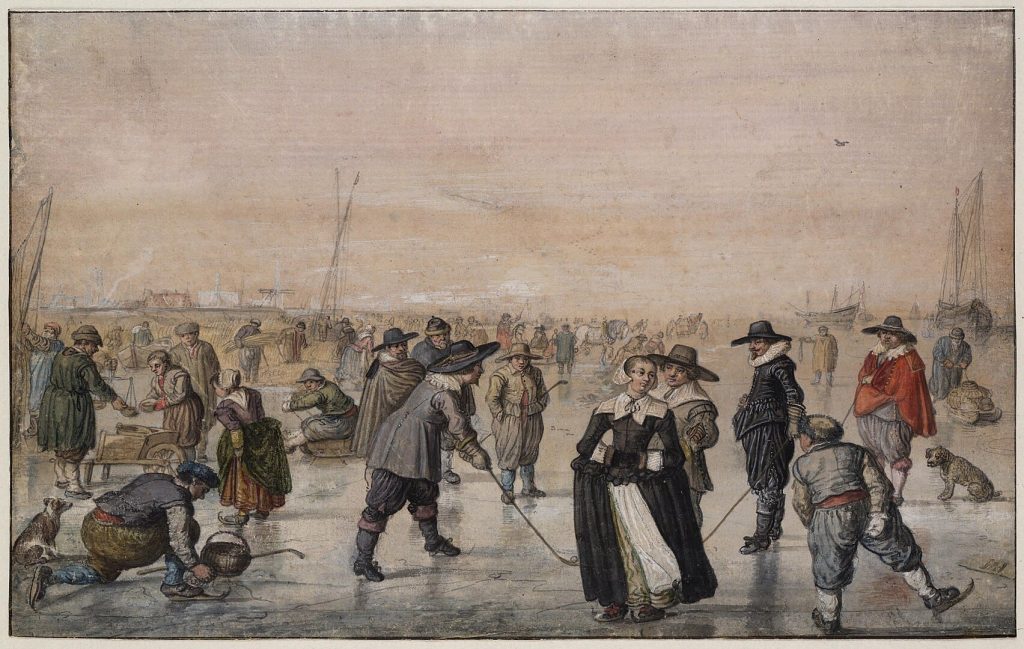
4. In Brief: Climate Change, a historical phenomenon as humor
There you have it, friends of laughter and strange knowledge! Climate change is a historical phenomenon, it has always been there, affecting us more than a giraffe's scarf. From the heat of the medieval Climatic Optimum to the cold of the Little Ice Age, to witches accused by storms, history and climate have always been weaving a comical plot. Who knew that even the Earth has a moody sense of humor!
And remember, when you hear about climate change, think of it as an ever-evolving comedy show! 😂🌍
Now you tell us! What other historical phenomenon would you like us to explore with a touch of humor? Leave us your comments and get ready for more historical laughs in the next blog from HL Comedy Tours Those who do not know its history are doomed to enjoy it!

Sources:
